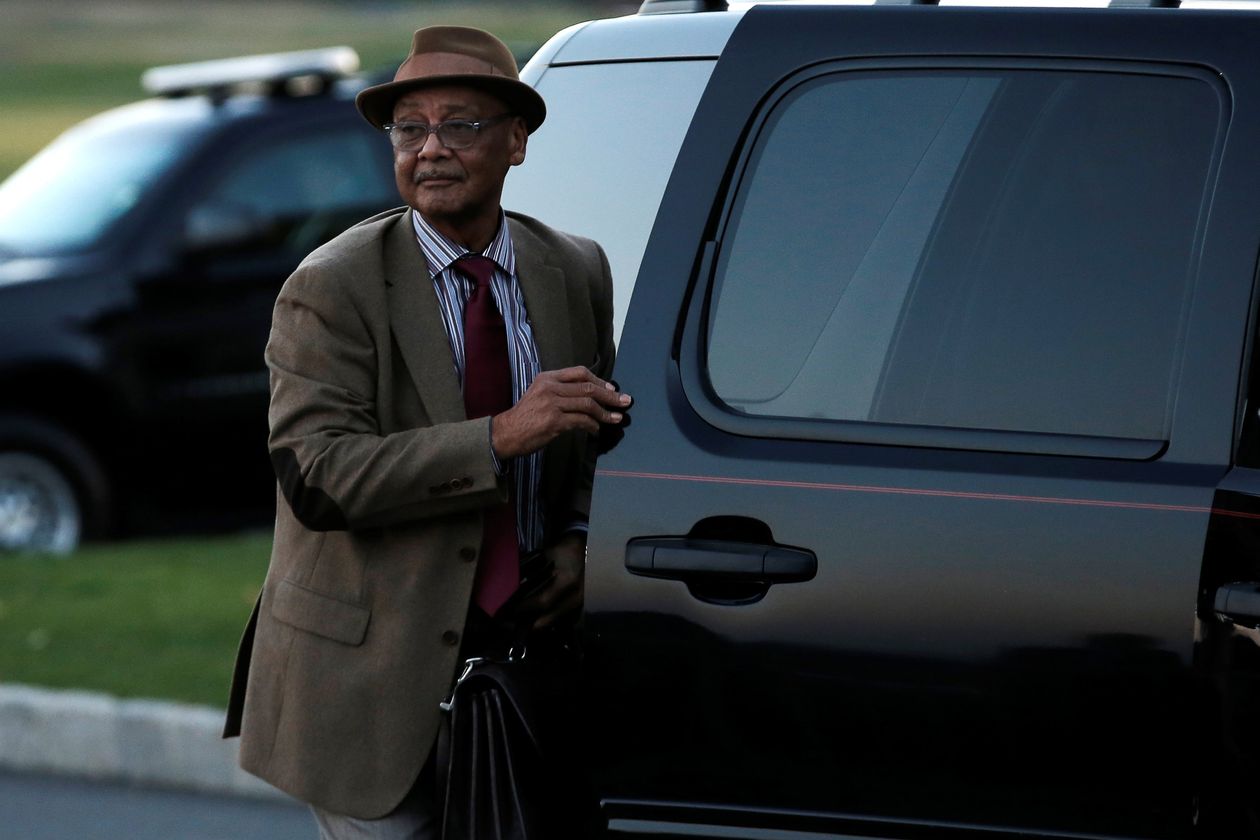By: Jason L. Riley – wsj.com – May 25, 2021
Regular readers of these pages need no introduction to Robert Woodson. For the uninitiated, Mr. Woodson is a veteran community activist who broke with the traditional civil-rights leadership in the 1970s after realizing that the agenda of “racial grievance groups” like the NAACP was increasingly at odds with the actual wants and needs of the black underclass.
The Washington-based Woodson Center is a community-development organization dedicated to improving conditions in poor neighborhoods, where broken homes, violent crime and abysmal public schools are common. Unlike its liberal counterparts, the center encourages communities to look inward for solutions, as blacks often did with remarkable success before the 1960s, rather than to the government.
Yet Mr. Woodson also makes time to push back at the machinations of progressivism. After the New York Times published its “1619 Project”—which posits that America’s true founding was not 1776 but 1619, the year African slaves arrived in Virginia, and that the American Revolution was fought primarily to preserve slavery—he became incensed. Not only was it junk history, but it would be disseminated through school curriculums in the name of helping blacks. Mr. Woodson responded by initiating his own project, “1776 Unites,” which enlisted a group of black scholars, journalists and social activists “who uphold the true origins of our nation and the principles through which its founding promise can be fulfilled.”
Last week, Mr. Woodson released “Red, White and Black: Rescuing American History from Revisionists and Race Hustlers.” The book is a collection of essays by 1776 Unites participants, and its publication is a public service. In one essay, the Rev. Corey Brooks, who runs a gang-intervention and prisoner re-entry program in Chicago, knocks the 1619 Project’s “over-emphasis on slavery as the defining institution before and during our nation’s founding.” He adds: “The writers who participated in the project jettisoned facts in favor of a fictitious recounting of why our Founders formed a new nation.”
In another essay, John McWhorter, a professor of English and comparative literature at Columbia, says the problem is not merely the project’s numerous and well-documented inaccuracies but also its simpleminded approach to a complicated subject. “The 1619 kind of perspective, for all of its elaborate terminology and moral passion vented in serious media organs and entertained by people with PhDs, demands that we abjure complexity,” he writes. “It is a call for dumbing ourselves down in the name of a moral crusade.”
In the book’s introduction, Mr. Woodson writes that his goal is not to offer point-by-point rebuttals. Rather, he wants to “debunk the myth that present-day problems are related to our past . . . specifically, debunking the myth that slavery is the source of present-day disparities and injustice.”
Mr. Woodson understands that pointing out the moral shortcomings of others might prove cathartic, but it will do little if anything to facilitate black upward mobility. And he flatly rejects the notion that “the destiny of black Americans is determined by what whites do—or what they have done in the past,” which is otherwise known as critical race theory.
“Red, White and Black” isn’t the only book available for people interested in reading thoughtful reactions to the barely disguised propaganda being peddled by the Times and infiltrating our children’s classrooms. Last year Peter Wood, who heads the National Association of Scholars, published “1620: A Critical Response to the 1619 Project,” and Phillip Magness, an economic historian, released “The 1619 Project: A Critique.” Mr. Wood’s book includes a short, accessible history of slavery in the Western Hemisphere and points out that it in fact predates the arrival of Europeans or Africans.
Slavery “was nothing new to the New World,” Mr. Wood writes. “It was an institution familiar to many native societies in both North and South America. These populations had been enslaving one another, as far as we can tell, from time immemorial.” Local Indians captured and enslaved European would-be conquistadors and traded them from tribe to tribe, Mr. Wood notes. “The year 1492 changed the world, but not by introducing slavery to the Americas. Slavery was already here.”
Mr. Magness’s book examines the 1619 Project’s assertion that slave labor powered the U.S. economy, an argument that rests on “dubious statistical claims and shoddy research practices,” which have been refuted empirically in peer-reviewed journals. “The thrust of these exaggerations is to recast slavery as a distinctly capitalist enterprise, which, in turn, services the 1619 Project’s political message,” Mr. Magness writes. “The worthy historical task of documenting the horrors of American slavery has been cynically repurposed into an ideological attack on free-market capitalism.”
The 1619 Project is not an intellectual exercise in search of truth. It’s a political exercise in search of power. More scholars could and should be calling out this false history, but let’s be grateful to the ones who have risen to the occasion.
To see this article and subscribe to others like it, choose to read more.
Source: Correcting 1619’s Falsehoods About the American Founding – WSJ
 Listen Online
Listen Online Watch Online
Watch Online Find a Station in Your Area
Find a Station in Your Area









 Listen Now
Listen Now Watch Online
Watch Online
